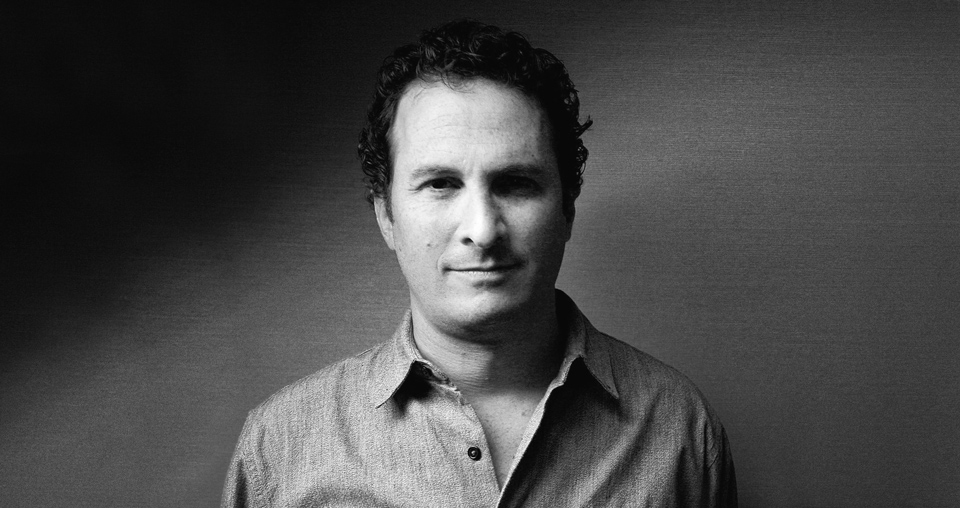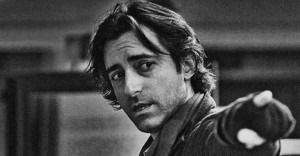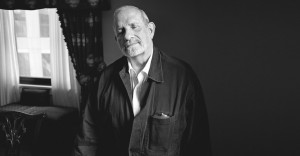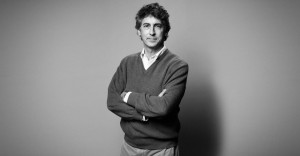Mr. Aronofsky, do you enjoy torturing your audience?
Well, people have different levels of what torture means. Some people actually really enjoy it, so it is a fine line. I just try to get as far as I can. I think it is probably that I am still trying to annoy my sister to get attention from her. In today’s world it is very hard to create images and ideas that people remember more than right in the moment so you want to create an experience that lasts. That usually has to be a pretty intense journey.
Your films are often polarizing as a result. Is that intentional?
I’d rather not, to be honest. (Laughs) I’d love everyone to love it and dig it, but it’s what I do. I don’t know how else to do it. Look at Requiem for a Dream people were telling me I raped them, people threw up, there was an ambulance in Toronto when we screened it at the Toronto Film Festival because a guy had heart palpitations. It’s just not that intense now, but then it was a little different. Pi was trashed, too. The New York Times called it “grainy, gritty, blotchy” and the music was “jarring.” You know, what are you going to do? You can’t win them all.
But nowadays things are different. Your last couple of films have been really well received.
I think The Wrestler was completely unexpected for the people. Everyone said, “Why are you doing a movie about wrestling with Mickey Rourke? What are you doing? Do you really want to destroy your career?” And then Black Swan went pretty well. I think tastes have changed. You know when we made Requiem for a Dream it made 3 million dollars theatrically and I think in today’s world they probably would have figured out another way to sell it. You know, it was before Boys Don’t Cry and these other movies suddenly became Oscar films. So maybe the taste of what people expect in the theaters has changed a bit. Soon I’ll be too old to make anything hip, so I’m catching up last second.
Could you imagine writing and directing a comedy?
A bunch of my student films were comedies, so I would love to. But I don’t know… for some reason I keep making these dark movies, I don’t know why.
Intuition?
Yeah, it is quite often that there is something about a story that I connect to and that makes me want to continue that heavy lifting. You know, each of my projects is kind of a marathon run. A lot of them won’t make it to the finish line and the only reason they make it is because I go back and nurture them and try to figure everything out.
That must have been the case with The Fountain. You kept going even after you lost Brad Pitt, your main actor, during production.
He pulled out after eighteen million dollars were spent and the film fell apart. I spent the next six, seven months trying to figure out what to do. One night I couldn’t sleep, I woke up, I was sitting in my office and across from me were all these books that I had read to do research on The Fountain. And I realized that it was in my blood and there is no way I was going to be able to move on until I finished it even though there were eighteen million dollars against it.
I don’t know how you managed that…
That was pretty upsetting and the seven months following were a pretty dark time for me. But I felt really bad for the all the crews and staff because there were like four or five hundred people that were affected by it and it all just collapsed. People had moved cities…
Why did Brad Pitt step out?
It’s a very hard thing to talk about because we worked together for two and a half years so it was like a relationship. He even said that when we broke up he felt like he was breaking up with a girlfriend or something because for two and a half years we worked on it. But it’s never one thing that breaks up a relationship. Really, it was probably because I was in Australia for six months prepping the film and he was in L.A. and creatively we just grew apart.
Is intuition also important for you when you’re on set?
When you are on set and you are actually working intuition is there all the time – it’s got to be. There is some type of myth about filmmakers who know exactly what they want. That may exist for some people but that is not how I work.
How do you work?
I try to get as many good people and as much good materials on set as possible and sort of create an environment that allows the actors to try things and that mistakes can happen and that I can follow my intuition and get to the right place. I think if you try to force something you can squeeze the life out of it and make something that, no matter what you do, isn’t real.
It’s probably quite easy for you to get a great team around you though…
Not really… I wish I could be more manipulative, but I am not. Instead, I am very honest with actors. I tell them, “This is what it is going to take to do. It is this type of pain, this type of work. You really have to do it.” After that, most of them say, “Ah, I think I am not going to do it.” I’ve lost a lot of A-list actors over the years because of that. People’s lives get very complicated and they have many opportunities. I mean look at the actors I have worked with: How many of them are in super high demand? If I get them, then it is a chance for them to do something else. But usually I don’t get them.
Return to Top

Short Profile
Name: Darren Aronofsky
DOB: 12 February 1969
Place of Birth: Brooklyn, New York, USA
Occupation: Director





















Aronofsky – beyond Good and Evil.